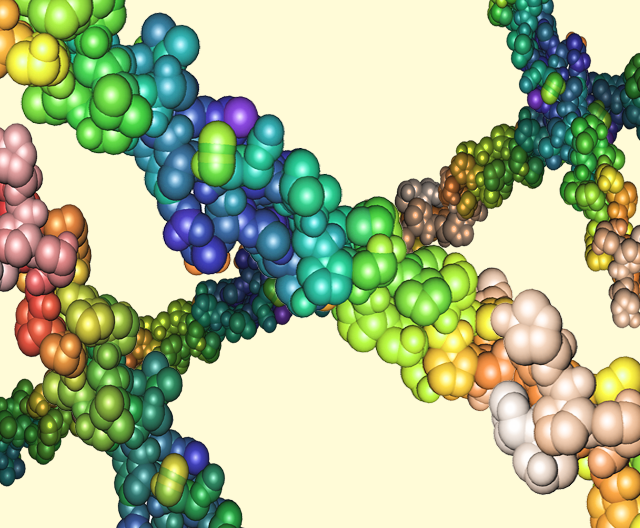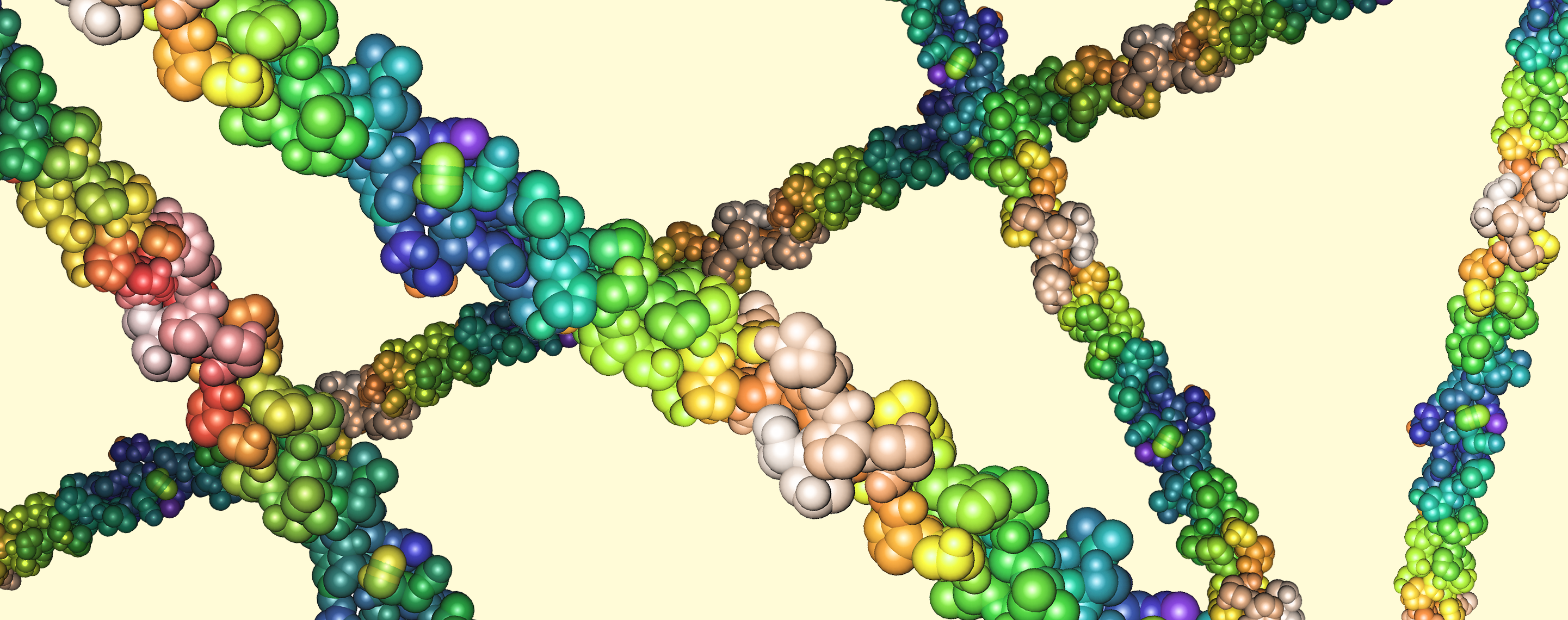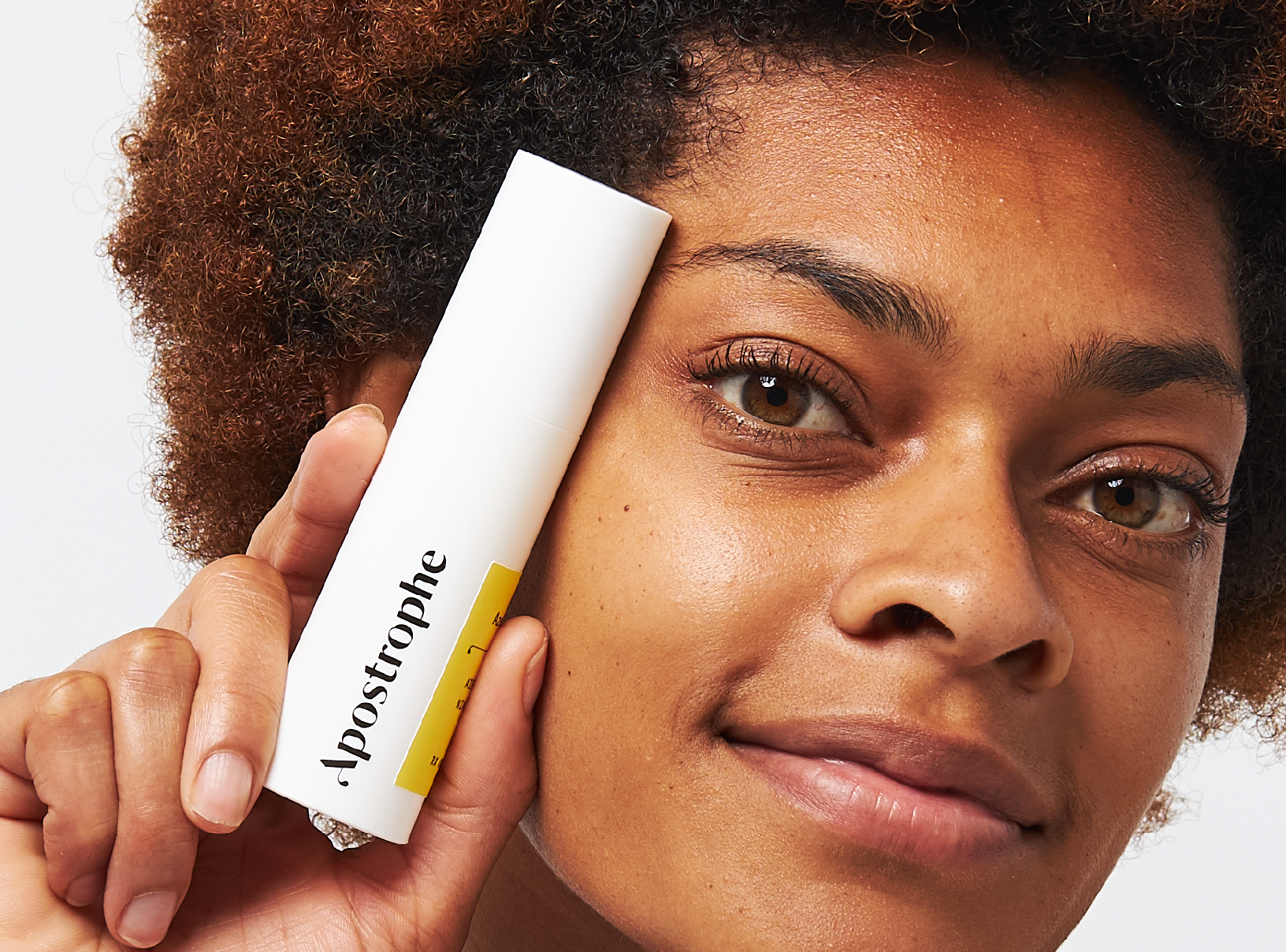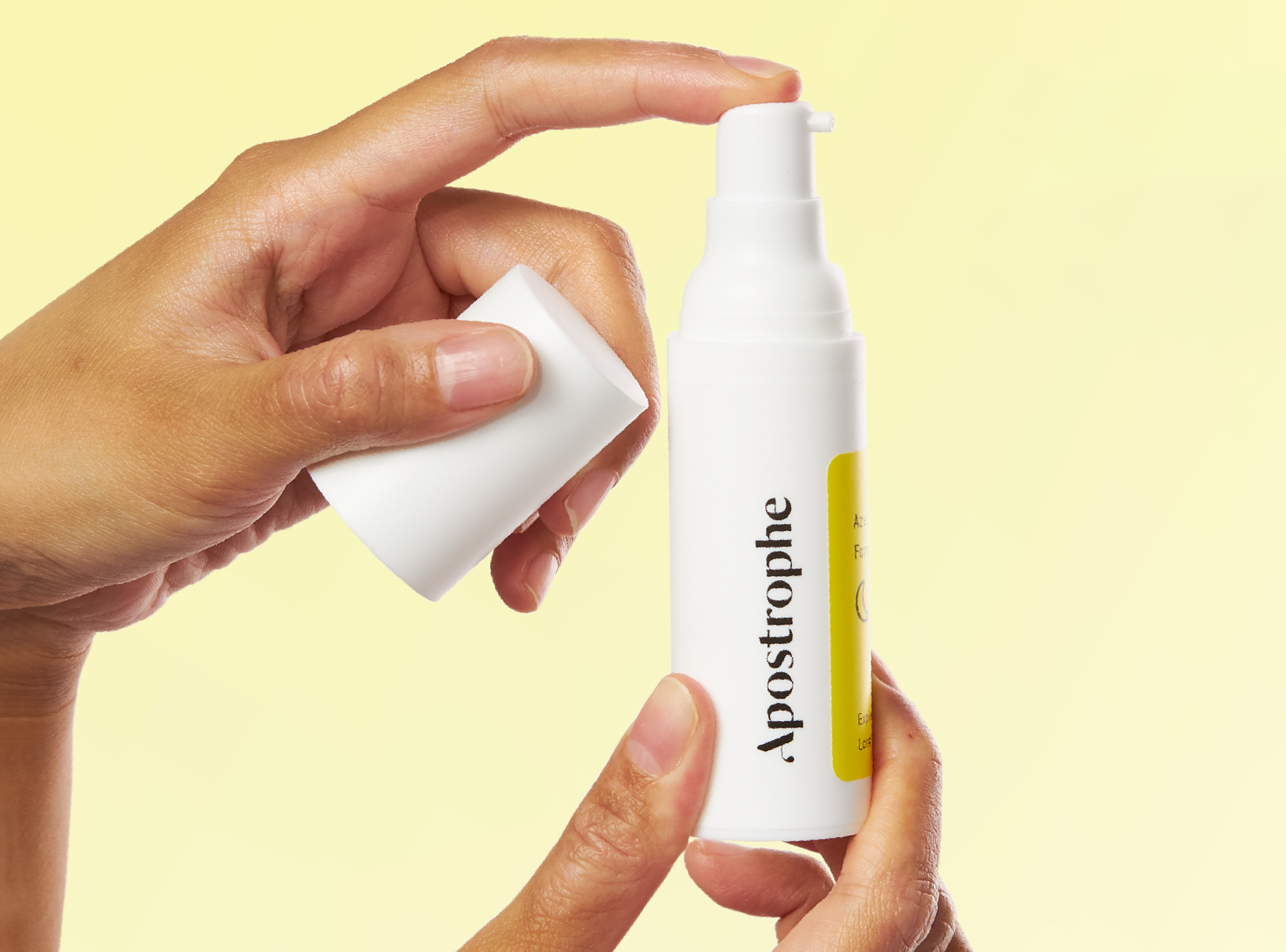Deep Dives
Does Collagen in Skincare Actually Work?


SHARE
Deep Dives
Does Collagen in Skincare Actually Work?
Medically reviewed by Aimee Paik, MD
Written by Sammy Draper
Last updated 10/1/2024
Collagen is being championed as a hero ingredient in skincare. Like “superfoods” or “clean beauty,” it’s become a buzzword with some controversy around it - and it’s not limited to skincare. Ingestible collagen supplements are also having a moment, with celebrities like Khloe Kardashian endorsing their benefits on Instagram.
With all this buzz around this one word, it’s hard to separate fact from fiction and science from marketing claims. If you see collagen on a label, is it actually a powerful anti-aging ingredient or just another tactic to boost sales? We did some digging to find out.
Wait, What Is Collagen Anyway?
As with most buzzwords, it’s totally okay (and common) if you don’t actually know what collagen is, or why it’s so important. Maybe you have a vague idea that it’s important for your skin, but you don’t know much beyond that.
Let’s break it down. Collagen is a hard, fibrous protein that serves as one of the primary building blocks for your bones, skin, hair, and muscles. It makes up one-third of the protein in your body. There are at least 16 types of collagen, and 80-90% are Type I, II, and III, which involve your skin, bones, teeth, cartilage, and muscles.
Why Is It Important?
As you get older, your body produces less collagen. Starting in our 20s, we start to lose about 1% per year. This means that the structure of the skin starts to decline, which causes things like skin losing elasticity, sagging, wrinkles, and muscle mass decreasing. Basically, all the signs that we associate with normal aging.
Myth-Busting Collagen in Topical Skin Care
Now that you understand how important collagen is for your skin (and how appealing it is to have more), it probably makes more sense why it’s being advertised as a miracle, anti-aging ingredient. More collagen equals more youthful looking skin, so it’s definitely an equation that we want to figure out. But is it really that simple?
Unfortunately, it’s not that simple. Topically applied collagen cannot penetrate the skin, which makes it ineffective as an “anti-aging” treatment. Collagen is produced in the deeper level of the skin, called the dermis, and creams formulated with collagen have big, braided molecules that are too large to penetrate your epidermis (the outermost layer of your skin). That means those molecules won’t be able to actually get down into the dermis of your skin, where collagen is actually produced.
Should I Toss Out All My Skin Care With “Collagen” on the Label?
Now that we’ve solved that mystery, you might be ready to give all collagen skin care the boot. However, collagen can act as a humectant in topical skin care, which has moisturizing properties. If you see a collagen skin care product with tons of positive “anti-aging,” “anti-wrinkle” reviews, it may just be that it’s an effective moisturizer that is temporarily making wrinkles look less prominent and giving the appearance of softer, smoother skin.
What Should I Use to Protect and Support Collagen in My Skin?
There are other science-backed topical treatments available that are proven to help with collagen synthesis. Retinoids, like Tretinoin, for example, are considered the gold standard for treating fine lines and wrinkles. They stimulate collagen production and inhibit the breakdown of collagen that you have.
Wearing sunscreen is another evidence-based way to prevent the breakdown of collagen. UVA rays cause collagen to break down more quickly, when they penetrate into the dermis, causing damage to collagen fibers and increasing the production of elastin. This process causes skin to rebuild incorrectly, which results in wrinkles. Wearing a broad-spectrum SPF daily can help prevent this damage.
The Final Verdict
Be wary when a skin care claim seems “too good to be true.” Although topical collagen creams can act as a humectant and help moisturize your skin, they will not be able to penetrate the skin to help form new collagen. Case officially closed!
Shop this post

Tretinoin
Like what you just read? Sign up for our email list to get the scoop on skincare science delivered straight to your inbox.

Deep Dives
A dermatologist shares his thoughts on the recent studies about benzoyl peroxide and benzene.
Read More
Education
What is milia?
What is milia? Today, we’re jumping into one type of bump that you may have heard about most commonly in infants — milia.
Read More
Education
Best moisturizer for acne-prone skin
If you have combination acne-prone skin, figuring out which moisturizer is best for your skin might be tough. In this guide, we break down the best moisturizer for combination, acne-prone skin.
Read More
